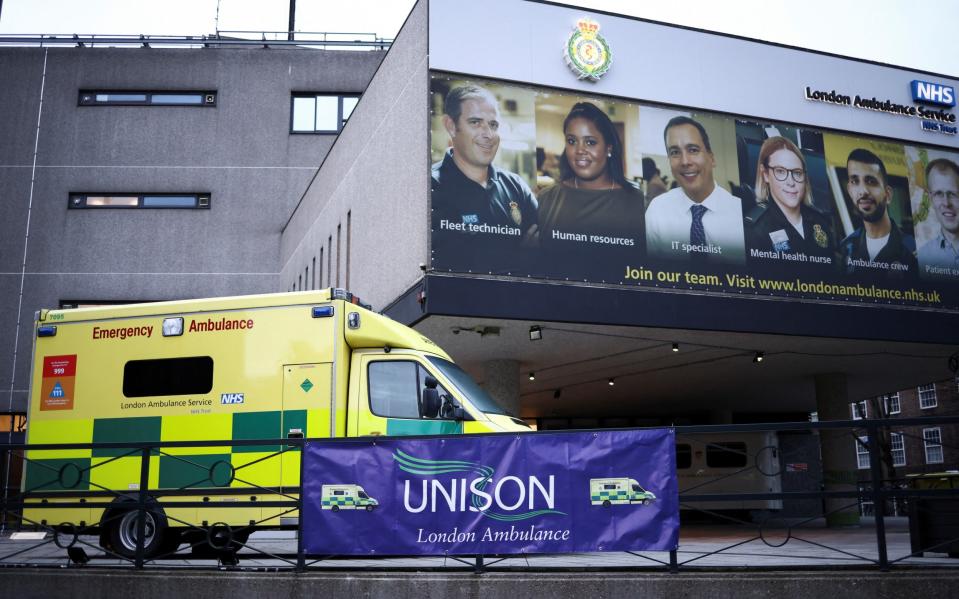Ambulance strike dates: When they are and what to do if you need emergency help

Thousands of ambulance workers across the country are walking out in a dispute over pay today after unions announced strike action with paramedics and 999 call handlers.
Up to 15,000 Unison ambulance workers are striking on Monday for the third time in five weeks, and will be joined by 5,000 of their NHS colleagues at two hospital trusts in Liverpool.
Almost 1,000 ambulance workers across the West Midlands in the GMB union will also strike, including paramedics and emergency care assistants.
Ten further days of strike action have been announced by ambulance workers at Unite for February and March.
When are the ambulance strike dates?
January 23 - Unison and UniteJanuary 24 - GMB ambulance workers at North West Ambulance ServiceFebruary 6 - GMB, Unite
February 16 - Unite
February 17 - Unite
February 20 - GMB, Unite
February 23 - Unite
February 24 - Unite
February 26 - Unite
March 6 - GMB, Unite
March 20 - GMB, Unite
The Feb 6 date will coincide with strikes by the Royal College of Nursing (RCN) and is the first time both ambulance staff and the RCN have acted on the same day.
What areas are affected by the strike?
More than 10,000 workers in the GMB union will walk out across nine trusts in England and Wales:
South West Ambulance Service
South East Coast Ambulance Service
North West Ambulance Service
South Central Ambulance Service
North East Ambulance Service
East Midlands Ambulance Service
West Midlands Ambulance Service
Welsh Ambulance Service
Yorkshire Ambulance Service
Ambulance crews working for five services in England represented by Unison will also go out on strike. These include:
London
Yorkshire
The North West
The North East
The South West
What calls will paramedics respond to?
It is expected that ambulance workers will respond to the most life-threatening conditions classed as category 1, including heart attacks or sepsis.
Some ambulance trusts have also agreed exemptions with unions within category 2, which covers conditions such as suspected strokes. However, most conditions within categories 2 to 4 will not covered.
Sir Stephen Powis, the national medical director for NHS England, said on Wednesday: "We've been working very closely with the unions to ensure that emergency services for life-threatening conditions are maintained, and that will include stroke and heart attacks.
"There are increased clinicians in call centres to ensure that the right response goes out to the right incident."
He said strokes fall into the higher end of category 2 cases, so clinicians will determine what response is needed, and he advised people to dial 999 "as usual" if they have a life-threatening condition.
What to do if you need emergency help during a strike
The Department of Health and Social Care have said the advice remains for people to call 999 in an emergency.
A spokesperson said: "Health leaders are also concerned that the prospect of strike action may affect how people decide to engage with the NHS, but the advice remains that if it is an emergency, it is vital they should still call 999."
Therefore, people should continue to call 999 if they believe they need immediate response to a life-threatening condition.

